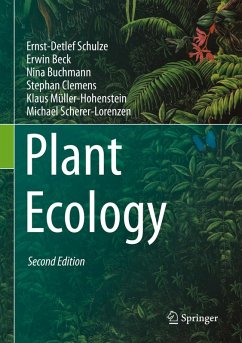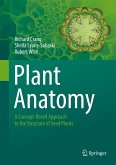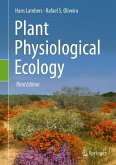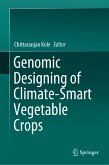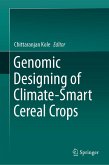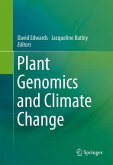More than 500 high-quality images and drawings, mostly in colour, aid readers' understanding of various key topics, while the clear structure and straightforward style make it user friendly and particularly useful for students. Written by leading experts, it offers authoritative information, including relevant references.
While Plant Ecology primarily addresses graduate students in biology and ecology, it is also a valuable resource for post-graduate students and researchers in botany, environmental sciences and landscape ecology, as well as all those whose study or work touches on agriculture, forestry, land use, and landscape management.
Key Topics:
- Molecular ecophysiology (molecular stress physiology: light, temperature, oxygen deficiency, water deficit (drought), unfavorable soil mineral conditions, biotic stress)
- Physiological and biophysical plant ecology (ecophysiology of plants: thermal balance, water, nutrient, carbon relations)
- Ecosystem ecology (characteristics of ecosystems, approaches how to study and how to model terrestrial ecosystems, biogeochemical fluxes in terrestrial ecosystems)
- Community ecology and biological diversity (development of plant communities in time and space, interactions between plants and plant communities with the abiotic and the biotic environment, biodiversity and ecosystem functioning)
- Global ecology (global biogeochemical cycles, Dynamic Global Vegetation Models, global change and terrestrial ecosystems)
Dieser Download kann aus rechtlichen Gründen nur mit Rechnungsadresse in A, B, BG, CY, CZ, D, DK, EW, E, FIN, F, GR, HR, H, IRL, I, LT, L, LR, M, NL, PL, P, R, S, SLO, SK ausgeliefert werden.

